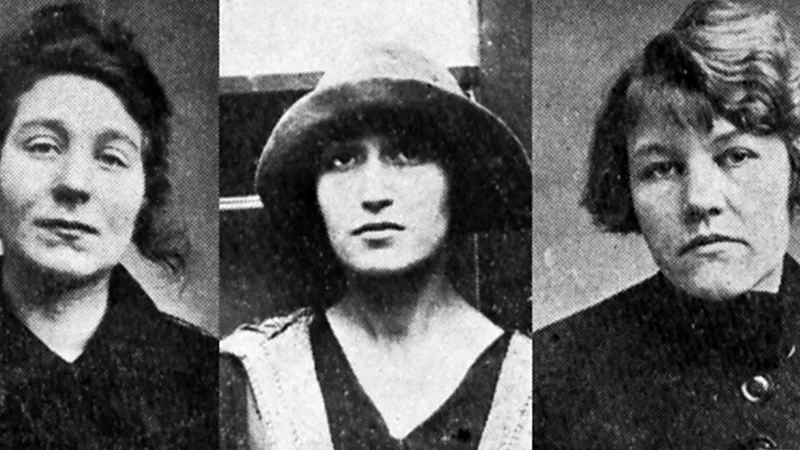US bars entry for those who ‘undermine’ Nigeria’s upcoming polls
February 25 elections, which will determine Nigeria’s president, come amid inflation and widespread insecurity.

The United States has said it is restricting entry to people “believed to be responsible for, or complicit in, undermining democracy in Nigeria”, ahead of that country’s elections this year.
The announcement on Wednesday also extends to the families of those accused of anti-democratic efforts, according to the US Department of State. Nigeria’s February 25 elections will determine who will replace President Muhammadu Buhari, who has reached the country’s two-term limit after serving eight years in office.
“Additional persons who undermine the democratic process in Nigeria — including in the lead-up to, during and following Nigeria’s 2023 elections — may be found ineligible for US visas under this policy,” US Secretary of State Antony Blinken said in a statement.
The vote in Nigeria, Africa’s largest economy and most populous country, comes as the country faces widespread insecurity, with the electoral commission itself targeted by recent violence.
Earlier this month, Nigerian police repelled attacks on election commission offices in the southeastern state of Enugu. In December, five people were killed in three attacks on offices in the southeastern state of Imo.
Nevertheless, officials have said the polls will not be delayed.
Meanwhile, high inflation has caused economic hardship in the country, one factor cited in a surge last year of young people registering to vote.
In the statement on Wednesday, Blinken said the decision to impose visa restrictions “reflects the commitment of the United States to support Nigerian aspirations to combat corruption and strengthen democracy and the rule of law”.
The announcement follows recent commitments from the administration of US President Joe Biden to strengthen ties with countries across the African continent. In December, Biden hosted the second-ever US-Africa Leaders Summit, with Washington forging a raft of new partnerships during the talks and vowing greater investment in the continent.
And US Treasury Secretary Janet Yellen is currently in the midst of a three-country tour across Africa, stopping on Wednesday in Pretoria, South Africa.
Blinken’s statement on Wednesday made clear that the restrictions are aimed at “certain individuals and are not directed at the Nigerian people or the Government of Nigeria”.
The announcement did not name any specific targets of the new policy.
Eighteen candidates will be vying for Nigeria’s presidency, with early polls showing Bola Ahmed Tinubu of the All Progressives Congress (APC) and Atiku Abubakar of the Peoples Democratic Party (PDP) as the most likely contenders in a country long dominated by the two parties.
Peter Obi, a candidate for the Labour Party who has focused combatting corruption in his campaign, is also considered a frontrunner.
Accusations of election rigging have long plagued Nigeria’s elections, although officials have vowed that 2023 will be different. They have pinned that pledge to new technology meant to prevent repeat voting, as well as measures aimed at stifling vote buying.
The polls in February will also determine the makeup of the National Assembly.
-al jazeera






